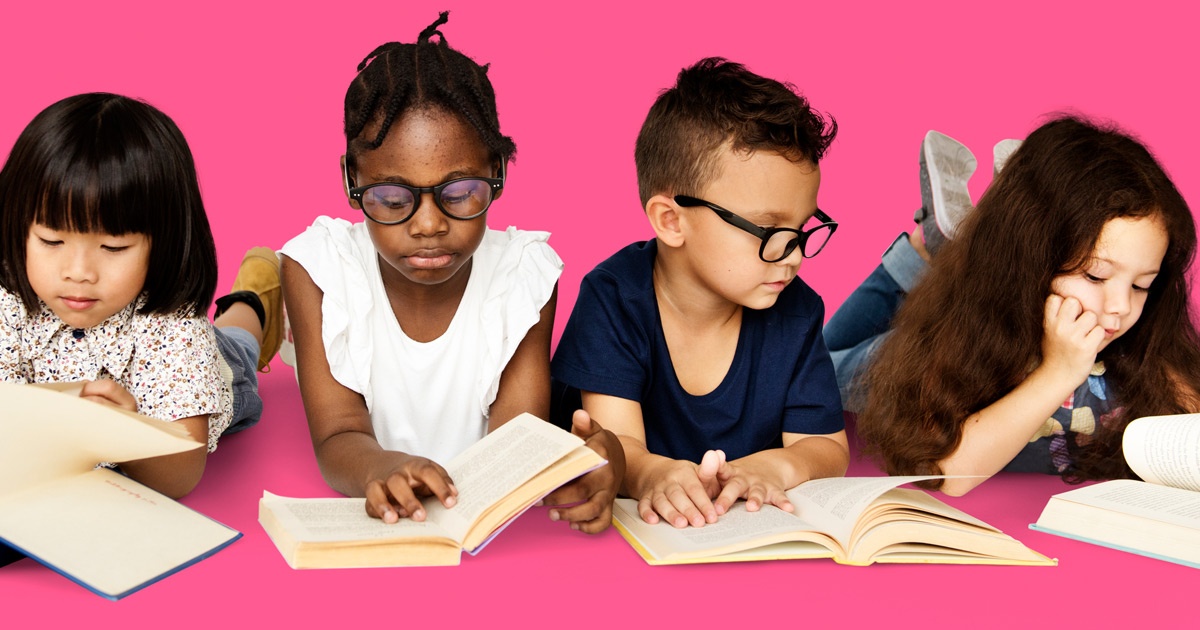Some conversations with your children are meant to be tough. With racism, violence, and protests at the center of attention, parents are facing questions from their children they may have otherwise not have thought to answer. In this case, staying silent can actually do more harm than good. There’s no ignoring the conversation around race and injustice, but it can be difficult to find where to start. We’re here to help. In this post, we discuss how to talk to children with autism about race and injustice and point you toward some helpful resources.
Validate Feelings and Open the Conversation
To say there are complicated emotions involved with race and injustice is an understatement. Especially for children of color, witnessing or experiencing race-based violence and discrimination can be incredibly traumatic. As a parent or caretaker of a child on the spectrum, you have the opportunity to help your child understand the feelings and thoughts associated with these complex concepts. It’s an important conversation to have so your child is better equipped to handle challenges and discrimination in all forms, whether aimed directly at them for their identities or at their peers.
Starting this conversation may feel difficult. You likely have your own thoughts and emotions about what’s going on. Thankfully, you don’t have to have it all figured out. Start by simply checking in with them. Children are incredibly perceptive and they likely already have thoughts about what they’re seeing occur around them. As protests and demonstrations continue, many children may fear that they or their loved ones are in danger. The concept of protesting in itself is maybe hard for them to wrap their head around.
Break your child’s questions down to their simplest form. Let’s start with “what?” and “why?”
- Protesting is a form of expression and takes the shape of statements or actions meant to portray the disapproval of a topic, event, or policy.
- Protesting is meant to be a peaceful demonstration designed to incite change.
- Protesting is happening today because of the injustices in our society and communities.
If it’s “who?”
- People of color and allies who want federal and local government agencies to address racism and its tragic consequences immediately.
These simple answers are meant to get at the root of current events in a direct way. Of course, if your child is at a place where they can understand more of the details, you should feel comfortable talking about them.
Race-Conscious Parenting
Race and ethnicity are complex topics in their own right. You can help your child understand them by practicing race-conscious parenting. Race-conscious parenting means you think about, talk about, and act on your child’s thoughts about race. This can take a variety of forms and really depends on your child’s level of comprehension. It can be as simple as explaining why everyone is unique, why cultural differences matter, and why it’s so important to value these differences as something that makes our society better. Letting your child process and discuss their feelings about race will only serve them well. Keep the conversation open as they grow to learn more and remember that questions are inevitable and welcomed.
Use your Resources
You don’t have to be an expert to continue the tough conversations you’ve started. There are plenty of resources available to help children learn about race and injustice in a way they can digest and understand. Here are a few options:
- NY Times’ racism and protest reading list for kids is a great place to start.
- Tolerance.org: A large collection of teaching resources for all sorts of tough topics.
- Child Development Institute: Resources for promoting open conversation and the fostering of a healthy relationship parent-child relationship.
- Sesame Street’s racism and protesting discussion.
- The Conscious Kid is an education, research, and policy organization dedicated to equity and promoting positive racial identity development in youth. They also have a great social media presence.
- NPR also has several pieces on race and talking to young children about it.
- UNICEF is dedicated to children’s rights and education, they have plenty of research and resources on their site.
It’s important to read, learn, and share all the resources you can. The more we discuss and educate one another, the better we’ll be able to instill a strong sense of justice in our children.
For more ABA and autism-related news and tips visit our blog and follow us on Facebook, Instagram, YouTube, and Twitter. If you have questions regarding ABA therapy services or you’re interested in visiting one of our locations, don’t hesitate to reach out to us on our contact page. We’re always here to answer your questions and support your family’s needs as best as we can.



